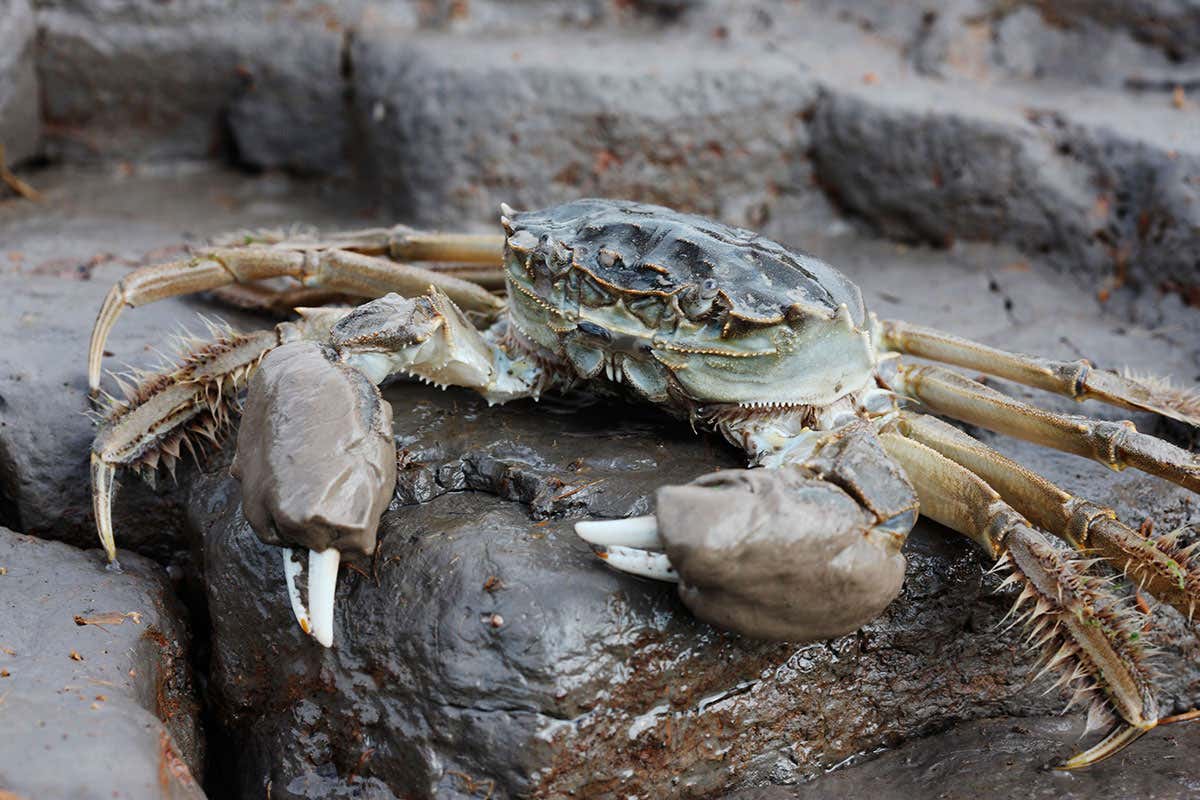The Environmental Audit Committee, in a recent ordered by the House of Commons, proposed creating an army of volunteers trained in biosecurity to help counter invasive species, which are costing the country nearly £2 billion a year to manage.
INNS, or Invasive non-native species, are defined as those who have moved directly because of human activity. The report urged the need for immediate action in both slowing their arrival and preventing their establishment, as about 40 non-native species become invasive within 20 years.
It’s pointed out in the report that the Government have not given invasive species management the same funding as biosecurity; £900,000 versus £220 million a year. The Chair of the Committee, West Yorkshire Labour MP Mary Creagh made some comments to supplement the release of the report, saying,
“Government funding to tackle invasive species is tiny and fails to match the scale of the threat.”
The report’s proposals are modelled on New Zealand’s laws and culture around preserving their biodiversity – it says they’re ‘impressed’ by New Zealand’s pledge to ‘train 150,000 people in biosecurity by 2025’ but would like to go beyond that, to at least ‘two per cent of the population (1.3 million)’ to create a bio-aware country. On this, MP Creagh said:
“INNS is one of the UK’s top five threats to the natural environment. If we’re to beat this, we need people power with an army of volunteers trained to spot and stop an invasive species before it becomes established.”
New Zealand, due to its isolated nature as an island nation, naturally grew a very unique ecology that would be vulnerable to invasive species, which would upset that fragile balance. The ‘Biosecurity Act 1993’ was the first of its kind in prevention measures, and has a strong focus on border control. Today, local volunteer groups do most of the heavy lifting within the borders as the last frontier against pest control due to limited funding – clearing activities being beyond the fiscal scope of councils, though national events such as cow culling are being funded by the government nevertheless.
There are also concerns of what new invasive species could be introduced from the lesser-used trade routes of South America and Asia in the event of Brexit, alongside online trade being seen as a newer and unchecked frontier. Both could be considered points towards the argument of ‘establishing a dedicated INNS inspectorate’ and improving biosecurity.
In the future, trade deals should have to take into consideration the ecological threat another country’s goods may pose, and steps should be put into place to counter those.
There are risks to our overall health too, not just our environment. Lyme disease has been spread by imported deer, mosquitoes and ticks are on the rise, and the arrival of the Asian hornet introduces more possible cases of anaphylactic shock. Due to climate change’s migratory patterns, the report also expects the threat of the Asian tiger mosquito, a host of multiple serious diseases, to have to be just one of the INNS the UK faces in the future.
Among some other proposals by the reports were to set up a rapid response emergency fund to help eliminate an INNS when time is an important factor, and increase the overall funding to invasive species management, or the Non-Native Species Secretariat, to £3 million a year.

